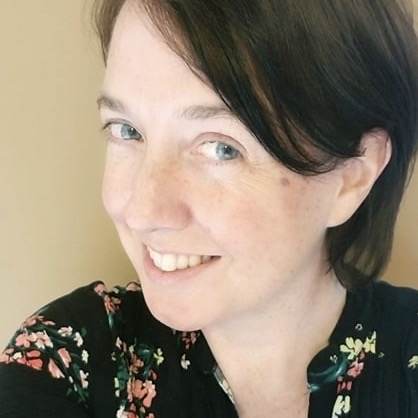Halifax social enterprise website vLife, which helps users locate and support small local businesses, is rolling out the paid version of its service after offering it free since January.
Co-Founders Melanie Little and Riaz Khan started vLife’s parent company, Quantum Link, in 2017 and launched the platform in December 2019. Users can sign up free and search for local ventures, with vLife either redirecting them to a different website or to a physical storefront.
The service was scheduled to be free until March, but CEO Little said in an interview that she and Khan decided to extend the trial period to July in response to COVID-19.
“As often happens in startup-land… the world turned upside down,” she said. “And we thought, well, we’ll extend our free trial. It helps our current small businesses because they get a bit of respite during these crazy financial times, and it helps us to get more businesses on the platform.”
Little said vLIfe is designed to cater to independent businesses that don’t have access to the same marketing infrastructure as franchises and chains. As an example, she cited PCWizrd, which is a small tech support and IT consultancy firm based in Dartmouth and listed on vLife.
The site launched with nine businesses on its platform and currently boasts about 30. The early-adopter companies that signed up during the trial period will now pay a discounted rate of $20 per month, and newcomers will pay $30. Individual shoppers will continue to be able to use vLife for free.
The database is available only as a website, but it is mobile-friendly. Little said that she and Khan had initially considered creating a smartphone app, but decided to start with an online version to minimize complexity in their business model.
12-Step Pledge for Gender Diversity
In addition to offering website space, vLife also creates site listings on behalf of client companies at no additional charge, freeing up entrepreneurs’ time to focus on other aspects of running their businesses.
The decision to focus on local ventures, especially artists and artisans, was motivated by vLife’s adherence to the idea of a “triple bottom line”: people, planet and profit. The concept is associated with social enterprises and refers to the belief that companies should benefit the communities in which they operate as much as they benefit shareholders.
Little said many small businesses struggle to market themselves online. Platforms like Facebook and Google AdSense can increase visibility and drive website clicks, but translating that traffic into sales can be complex and expensive.
But because vLife is dedicated exclusively to showcasing local companies, potential leads qualify themselves simply by visiting the site; if consumers are there, they probably already want to make a purchase from one of the listed companies.
“Because we have a growing number of ‘buy local’ and ‘experience local’ followers, you’re going to get a more engaged lead than you would typically on a Facebook ad, for example,” said Little.
Adding to the value proposition for entrepreneurs is vLife’s fixed pricing model. Facebook and Google-based ad pricing scales with the numbers of impressions or clicks an advertiser wants to generate, and costs can balloon quickly.
Little and Khan have themselves eschewed paid advertising, instead focusing on organic growth via word of mouth and content creation. They might run ads in future, Little said, but not unless it becomes necessary.
They initially launched the site in Halifax, but recently rolled it out across the rest of Atlantic Canada. Little said they are eyeing growth, but only as long as they can expand in a way consistent with their triple bottom line.
They are also leery of venture capital investment, for the same reason, although Little did not rule it out completely.
Khan has a background in information technology, reducing their need for programming staff. And the relatively low overhead involved in operating a website means they do not have a pressing need for capital.
“Profit is important, but not at the expense of people and planet,” said Little. “It would take a very specific type of person or organization, who shared that type of vision and would be able to support us in maintaining that triple bottom line.”










